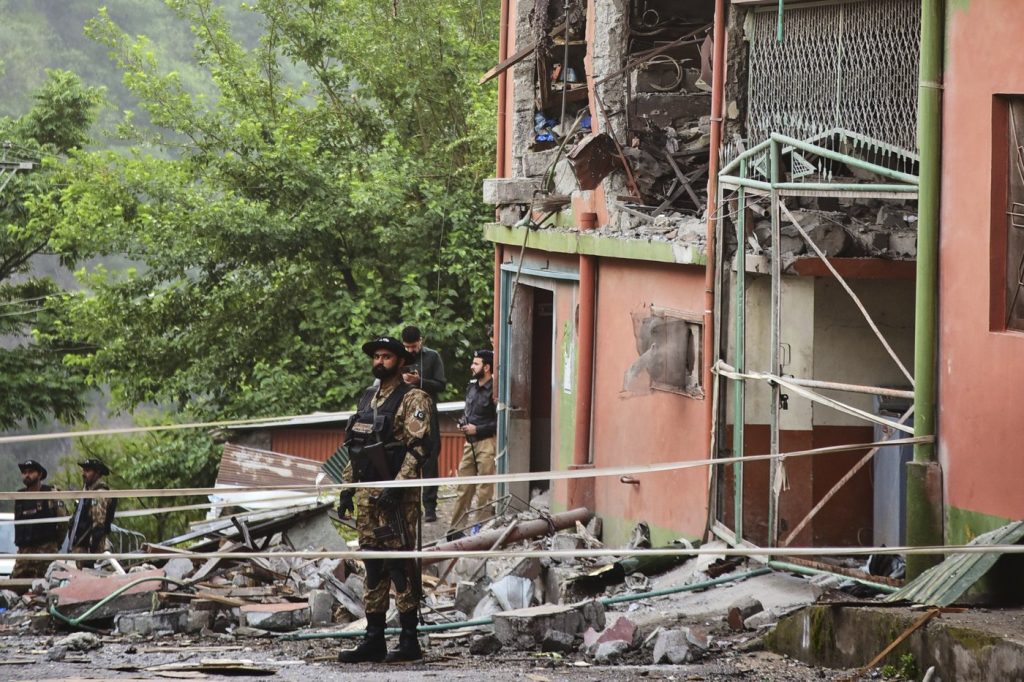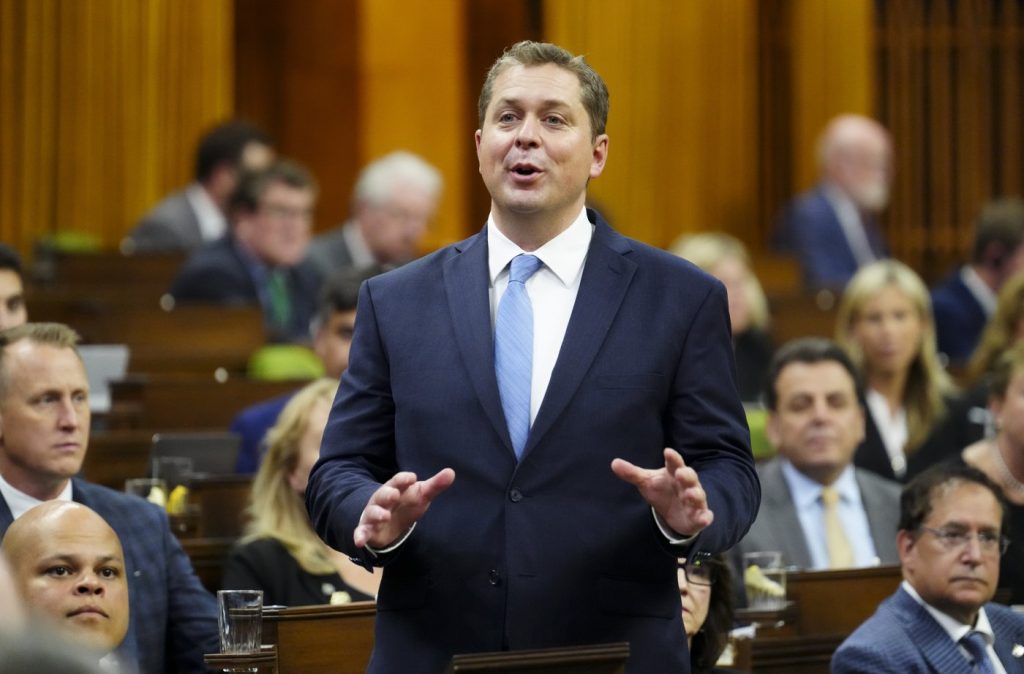Queensway Carleton Hospital ramps up capacity with new funds from Ontario government
Posted Jul 28, 2021 09:02:00 PM.
Hospitals in Ottawa are starting to react to the $324M in new funding from the Ontario government to boost hospital capacity and extend working hours to tackle a waitlist for surgeries that's expected to grow as the province recovers from the COVID-19 pandemic.
The Queensway Carleton Hospital wrote in a statement to CityNews Ottawa:
“The Ministry's funding announcement today is a welcome one.QCH's surgical team – who was redeployed to various units such as ICU and Emergency departments to help with COVID-19 – have been reintegrating back into the ORs and tackling the surgical backlog. These amazing teams are working hard to clear our backlog to help get our patients the care they need.”
“Currently, QCH has 70 per cent of our ORs functioning and will increase to 100% in September. We are extremely proud of our surgical teams and know they will rise to this challenge.”
The QCH says they have operated only seven on the hospital's ten pperating rooms since the start of the pandemic, and with this new funding they will be able to ramp up recruitment and training to provide more capacity in the fall, while allowing staff to take well-deserved brakes.
Health Minister Christine Elliott and the CEO of Ontario Health on Wednesday announced details of the plan, which includes a goal of allowing the hospital system to operate at 115 per cent capacity by the fall.
“As we continue to safely and gradually lift public health measures, and we continue our return to normal, we expect more Ontarians to seek the care they need,” Elliott said.
The province is expecting undiagnosed people who stayed away from in-person care during the pandemic to come forward, she said, and the plan is to prepare for that growing demand.
“We're building up our capacity so that we can deal with the people that we still have on the list and the people that we anticipate will be coming forward.”
The focus will be on high-volume, non-urgent scheduled surgeries, which are expected to make up most of the demand, as most urgent procedures went ahead during the pandemic, according to figures presented on Thursday.
The province wants to see hospitals doing procedures on evenings and weekends, adding a possible 67,000 additional surgeries and 135,000 hours of diagnostic imaging like MRI and CT scans on top of normal operations.
About $216 million of the total funds, which were referenced without full detail in this year's provincial budget, will go toward extending operating room hours, focusing on the hardest-hit areas like Peel Region and Scarborough.
Funds are also being allocated for a centralized system to manage wait times and money for local hospitals to finance specific plans built around their needs.
Independent health facilities will receive $24 million for surgical and diagnostic procedures, and more money is going toward virtual programs to support people before and after surgeries.
Access to non-COVID health-care services was reduced during the pandemic and the province’s top doctor twice ordered a pause on non-urgent procedures to protect hospital capacity.
Funding for the surgical plan comes up short of the $1.3 billion the province's fiscal watchdog estimated would be needed to clear an anticipated backlog in surgeries.
The Financial Accountability Office said in May that it would take approximately three and a half years to clear the surgical backlog from the pandemic, which it projected would reach more than 419,000 procedures by the end of September.
But provincial officials on Thursday said they were not working with those projections in building the plan, instead looked at the actual waitlist and trends that are likely to emerge as public health restrictions lift.
Anderson said the current number of people waiting for procedures is not significantly higher than previous years, but that's expected to change soon, as unscreened, undiagnosed people who stayed away from the health-care system during the pandemic begin to seek services again.
“This investment is an anticipation that we will see more people coming through,” Anderson said, adding that the plan may be readjusted as the numbers materialize.
Anderson also noted that supporting health-care workers will be the “number one challenge” during pandemic recovery.
Officials pointed to redeployment, nurse recruitment and retention programs and student placements as part of its plan to staff the ramp-up in surgical capacity.
The possibility of a fall surge in COVID-19 cases — as has been predicted by the province's top doctor — is factored into the plan, Anderson said, though he said officials hope that the success of the vaccine strategy will keep infections at a “manageable level” through the fall and winter.
The Opposition NDP accused the Progressive Conservative government's plan as lacking in details and sufficient funding to deal with the surgical backlog problem.
“The (Doug Ford) government’s so-called plan still has no targets or benchmarks, and no plan to hire more staff — despite dwindling numbers as frontline health-care heroes cope with burnout and exhaustion,” France Gélinas, the party's health critic, said in a statement.
“The Ford government is robbing Ontarians of hope by refusing to do more.”
– With files from The Canadian Press








